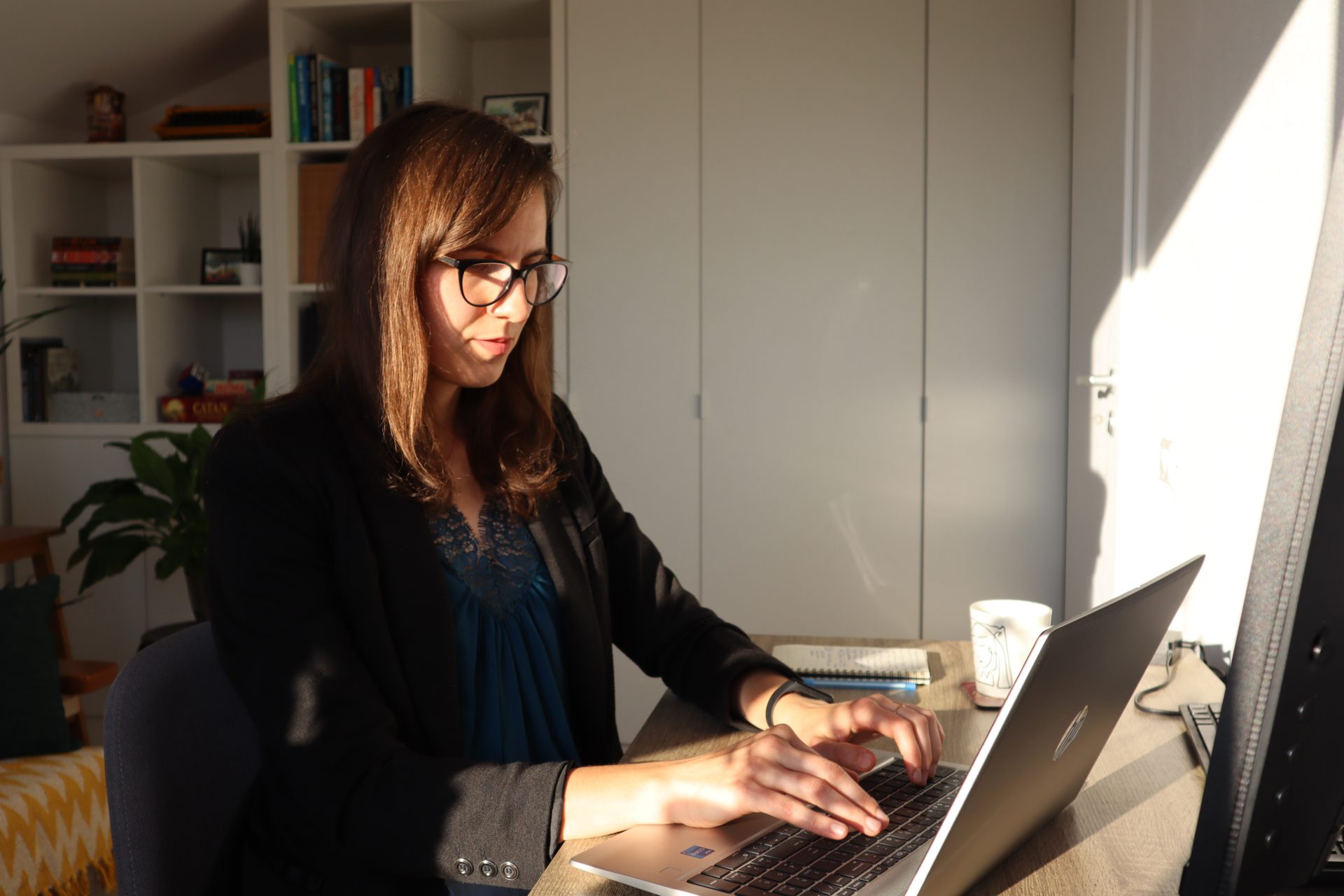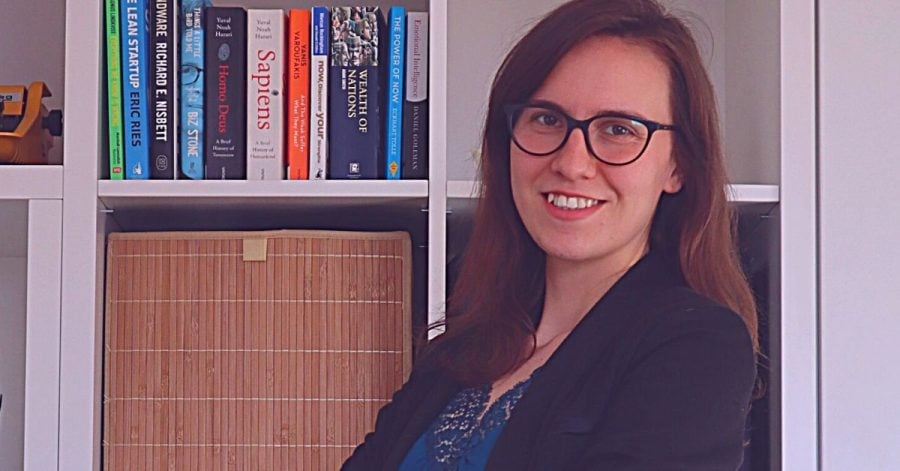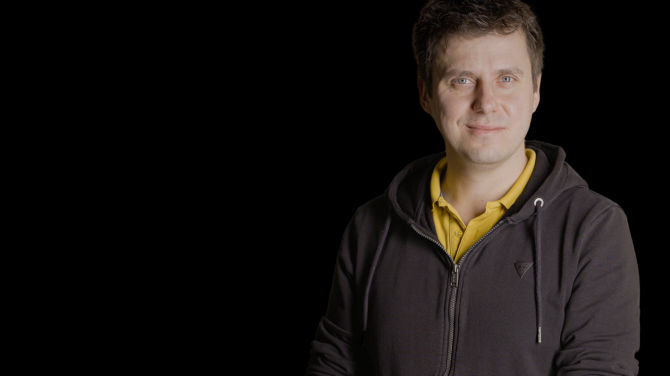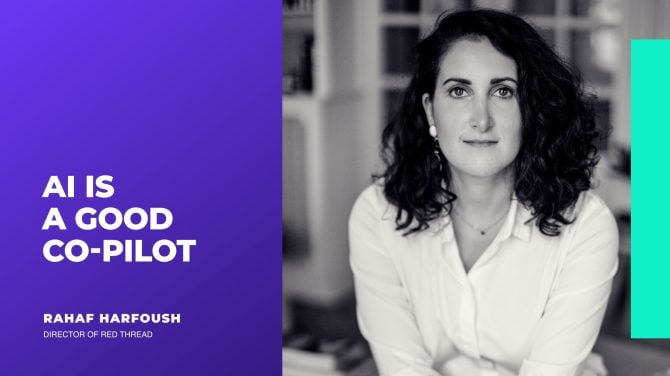Users spend 33% longer on pages where video content was present, Alexandra Klara Jura, Head of Video at Video Intelligence AG, shares with us. This is a contextual video platform that uses Machine Learning to connect publishers, content creators, and brands with video storytelling to recall messages better, improve the attitude toward brands, and raise engagement with the content.
“The plethora of easy-to-use video tools and the development of recording possibilities on mobile devices have made video creation a much more accessible area, with little-to-no barriers to entry,” she adds.
Launched in 2017, in Zurich, Switzerland, the company has an office in Timisoara, Romania, where most of the product development takes place. At the beginning of the year, the tech startup was acquired by Outbrain, the American company offering a recommendation platform for the open web.
“At the heart of our product is our ‘contextual matching engine’. This is a machine made up of multiple machine learning tools; it employs Natural Language Understanding to read and analyze web publishers’ pages and match them with videos in our library,” Alexandra explains about the Video Intelligence AG solution.
Alexandra Jura has a background in computer science, and marketing and has been growing with the company for over half a decade. In this interview, she will tell us more about her professional journey and the surprising lessons she discovered along the way.
…
In the “Women in Tech” series, we will introduce you to talented tech professionals that are riding the wave of change in the most exciting tech companies and ecosystem organizations in our region. Having a strong and devoted team is one of the prerequisites of success for every startup venture and what investors are most often looking for, so we want you to meet the ladies who are making innovation happen.
We will explore different roles and jobs – from technical talents to professionals responsible for the growth and exploration of new markets, to IT jobs you haven’t even heard of, yet. We will also talk about what it is like to work in tech – the skills you need, the challenges you meet, the work environment that helps you thrive, and the future of work altogether.
…

The Recursive: Tell us about your career path so far and how did you land your current job?
Alexandra Jura: My first contact with the “professional” world was a social media internship in London. It was also my first time coordinating a team, which proved to be both tough and interesting. I took my second internship in a research company, which made me realize for the first time that not all jobs are a fit for all people.
After graduating, I landed at Video Intelligence, for what was supposed to be a “very brief” employment, but six months turned into six years. This allowed me to explore different sides of the business, from ad operations to online marketing, to video content strategy, which is my current job.
I think reaching this point was a combination of hard work, ambition, and dedication, but also good timing. I was the right person with the right skill set to support the company’s strategic changes.
How would you explain to a 7-year-old what your job is?
The internet is full of videos, created by really talented people to make you laugh, teach you something, or tell you the latest news. I help put those videos in front of the people who might like watching them. A bit like how YouTube recommends 5-minute crafts, Muppets, or Minecraft videos for you to watch.
What is it like to work for your company and what do you like most about the culture?
Working in a fast-paced industry, such as adtech or media, will never be a walk in the park.
It is challenging and rewarding at the same time. But if you’re willing to embrace the challenge, you are in it for a fun ride. As for what I like the most – it’s the people. The team and their openness to fresh perspectives, the level of creativity and knowledge, and the close collaboration across teams.
What have been the advantages and disadvantages of developing in your field as a woman?
A few years back, I had a really hard time speaking my mind – and the “woman” element played into it. I was in meetings surrounded by men, questioning whether what I want to say is good enough – or if I’d just make a fool of myself. Truthfully, being the one “partially technical” woman in meetings full of techies is still intimidating at times.
There have also been times when I felt under pressure to deliver. And as many others do, I gave my 200% to make sure I live up to what is expected of me.
I wouldn’t say that my mentality is based on ever being professionally mistreated or discriminated against in any way. I believe it’s rather an aspect deeply embedded in our subconscious. It took me a while to realize there are more advantages than disadvantages.
A woman’s perspective will always add fresh input and value, especially in a male-dominated industry.
What does a day in your life look like? Tell us something we don’t know about the field you’re working in.
I get to watch a lot of videos and drink copious amounts of coffee at the same time.
Joking aside, my job at Video Intelligence lies at the intersection of business, tech, audience, editorial, and revenue – so it’s quite exciting. I attend meetings and analyze data, collaborate closely with the tech team, chase clients, write reports, research, prepare pitches, and forecasts, coordinate the team, check on technical implementations, plan, and come up with ideas.
Briefly put: no two days are the same.
What did you want to be growing up and how has this vision changed over the years?
I never had a clear picture in mind.
This is the one question that always puts a knot in my stomach growing up. While my friends knew they wanted to be doctors, nurses, lawyers, or game developers, I was struggling to find my calling.
I liked books, computers, drawing, science, and math, and couldn’t imagine having to pick one thing that I must do for the rest of my life. I eventually learned that life offers you opportunities to be many things at once. As long as you know what jobs to open yourself to.
What is your definition of success?
Success is doing something that doesn’t just fill up bank accounts. But rather, finding that thing that excites you, speaks to your values, and is aligned with the meaning you give life, whether it is:
- Choosing the kind of job where you don’t count hours and minutes until you can call it a day;
- Dedicating yourself to a career that doesn’t make you dread Mondays;
- And also, very important, being able to maintain a proper work-life balance.
What do you think makes you good at what you do?
The fact that I understand how various aspects of the business come together. This allows me to deliver insightful analyses, give pragmatic recommendations, and find creative solutions.
I think it helps that I am an ambitious person who is dedicated to delivering great results. This translates into having the right attitude to collaborate with others, finding the middle ground, and not giving up easily, even if things go south.
How has technology shaped your career?
In high school, programming was probably one of my least favorite subjects. It was also my specialization, so everyone around me expected me to continue down that path. Shifting towards marketing and management for my Bachelor’s studies was a rebellion, a liberation of some sort. I wanted to be creative, not write code all day. But little did I know that the two were not mutually exclusive.
My programming knowledge, limited as it is, contributed to developing my critical, analytical, and logical skills. It was a helping hand to better understand the industry and our products – and contribute to improvements on both products and services.
What are your professional goals for this year at Video Intelligence?
As we are expanding our business into new markets, I aim to establish partnerships with local media, helping them gain more exposure, expand their audience, and fund their future production efforts.
I hope to see more involvement with our “vi matters” product, as our way to raise awareness of important societal issues – and what businesses do to tackle them. 2022 will also be the year to improve my leadership skills, to be able to better coordinate and support my team.
What is your motivator during not-so-productive days?
Easy one. Coffee. And reading about people who wake up at 5 AM to work out. That’s what makes me snap out of it.
From remote work, through automation, a 4-day working week, to universal basic income, how do you imagine the future of work?
I think companies who insist employees come back to the office full time will go hand in hand with high staff turnover.
I think the future of work will capitalize on the issues raised by the pandemic. Remote work is here to stay, with more people prioritizing this benefit over many others. According to a study, 71% of respondents picked remote work over promotions or pay increases!
As we embrace a more “remote” way of working, we can also expect even more collaborative tools to emerge, to facilitate knowledge-sharing, problem-solving, and communication. Automation picked up the pace during the past two years, fuelling the sense of job insecurity. The trend is bound to accelerate further – thus the need for employees to diversify their skill set to be able to shift occupations.
I see businesses getting more involved in supporting employees migrating between different job roles. I also think that companies will become increasingly aware of their impact beyond the financial, and incorporate more CSR aspects into their culture.







